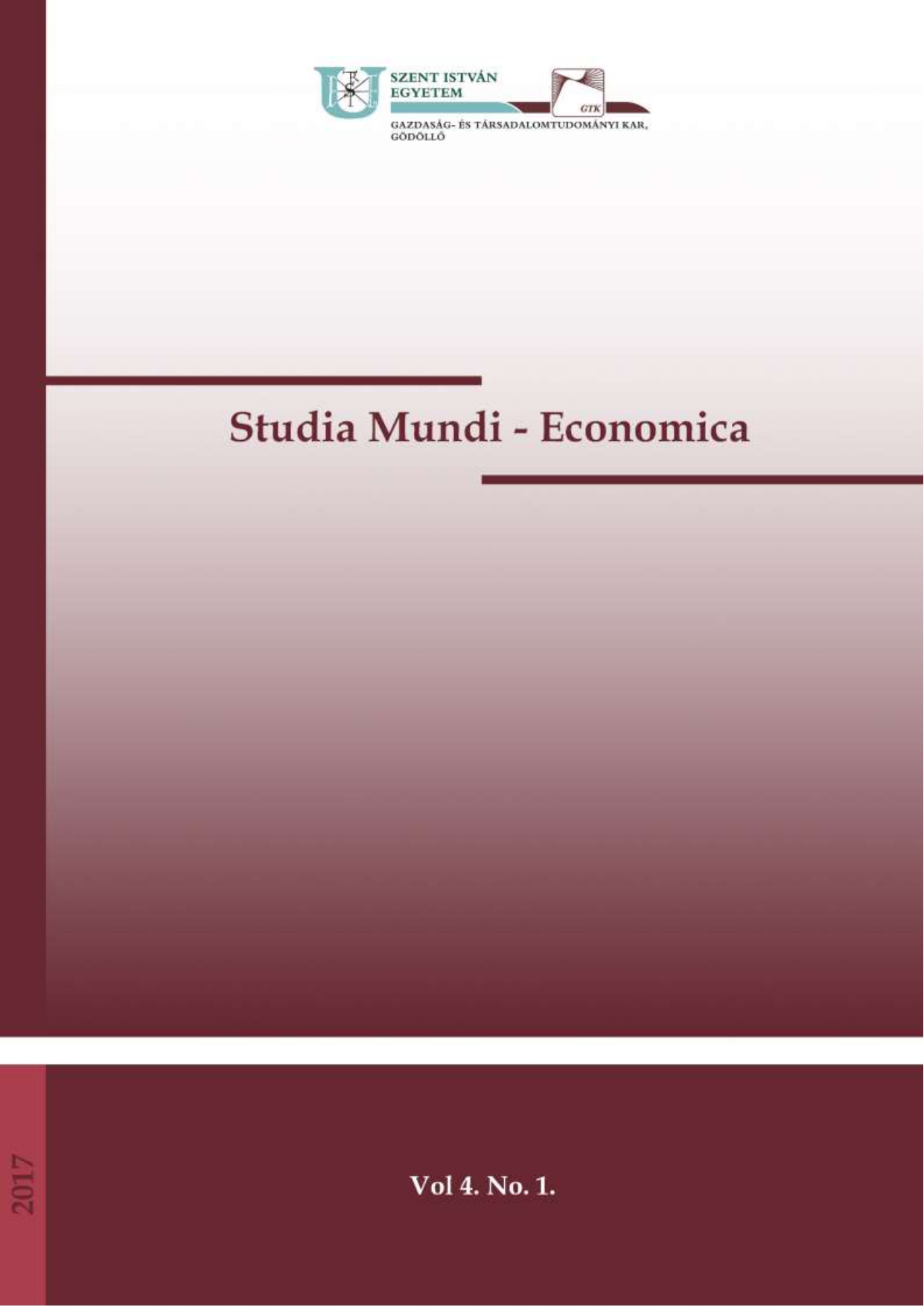Green tourism as the future’s strategic direction?
DOI:
https://doi.org/10.18531/Studia.Mundi.2017.04.01.94-102Keywords:
zöldturizmus, turizmus fejlesztése, regionális stratégiák, tervezési kérdésekAbstract
Most settlements consider tourism as a general method for the way out from their situation that can be applied in any situation. If national and international economic strategies are overviewed, tourism can be found in almost all of them, since all regions have values that are worth to introduce. However, if only the attraction is given, it is not enough for the success, not even for the development if it is not carefully planned. Planning is difficult because of the quickly changing economic environment that is hard to follow carefully. Planning in tourism means the use of resources of state, municipality, non-profit and private sector as efficient as possible as well as aims to reach the highest possible profit. All this has to be carried out as meeting the sustainable development principles while paying enough attention on the trends in analyses. Based on the abovementioned principles, such development directions focusing on the protection of natural values and green/ecotourism as a strategic sector could be involved in development strategies.
References
Bozzai, Andrásné (2014): A 2014-2020 időszak turizmusfejlesztési tervei. Nemzetgazdasági Minisztérium, 2014.
Drumm, A. (2005): Ecotourism development – A manual for conservation planners and managers I: An introduction to ecotourism planning. – The Nature Conservancy, Arlington. 96 p.
Jandala, CS. (1998): A turizmus integrált tervezése. – Nemzeti Tankönyvkiadó, Budapest. 117 p.
Kovács, L. (1997): Az ökoturizmus stratégiája. – Környezetgazdálkodási Intézet, Természetvédelmi Szolgálat (munkaszám 12.6.3.5.). Budapest. 35 p.
Magyarország 2014 és 2024 közötti időszakra szóló turizmusfejlesztési koncepciójáról. Nemzetgazdasági Minisztérium, Budapest, 2014.
Michalkó, G. (2012): Turizmológia. Elméleti alapok. –Akadémia Kiadó, Budapest. 266 p.
Mikházi, Zs. (2015): Az ökoturizmus tervezésének sajátosságai. MTOK tanulmányok, 2015.
Mikházi, Zs. 2014: Mi az ökoturizmus? Az ökoturizmus fogalmának értelmezése tartalomelemzés módszerével. – In: Csemez, A. (szerk.): Időszerű tájrendezési feladatok. Tájakadémia IV. Budapesti Corvinus Egyetem, Budapest. pp. 153-164.
Nemzeti Turizmusfejlesztési Stratégia 2005-2013. Magyar Turisztikai Hivatal, Budapest, 2005.
Turizmusfejlesztési stratégia. Nemzetgazdasági Minisztérium, Budapest. 2011.
Várhelyi, T. (2014): A turizmus fejlesztése. Líceum Kiadó, Eger, 2009.
Downloads
Published
Issue
Section
License
Copyright (c) 2017 Varga-Nagy Adrienn, Káposzta József, Nagy Henrietta

This work is licensed under a Creative Commons Attribution-NonCommercial-NoDerivatives 4.0 International License.
A folyóirat Open Access (Gold). Cikkeire a Creative Commons 4.0 standard licenc alábbi típusa vonatkozik: CC-BY-NC-ND-4.0. Ennek értelmében a mű szabadon másolható, terjeszthető, bemutatható és előadható, azonban nem használható fel kereskedelmi célokra (NC), továbbá nem módosítható és nem készíthető belőle átdolgozás, származékos mű (ND). A licenc alapján a szerző vagy a jogosult által meghatározott módon fel kell tüntetni a szerző nevét és a szerzői mű címét (BY).






